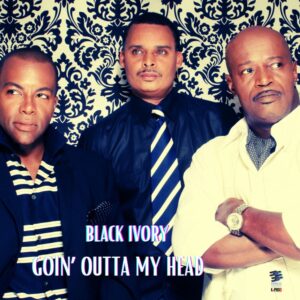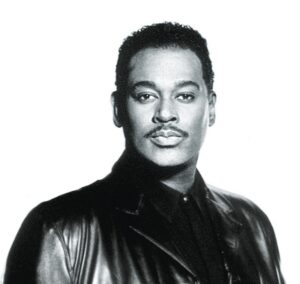I made the mistake of taking the 1968 part of the title of Rasheed Ali’s now four-part musical history lesson too literally. That makes sense. Starting each album title off with the 1968 served as something of a historical pin drop that linked Soul Power, Love Power, Black Power and now The Other Side of Town with the events, images and people that made news during that tumultuous year.
While the first – and best – of these quartet of albums has its feet planted firmly in The Year That Changed Everything, the placement of 1968 in the title of the next three albums represents how that year continues to influence and change us.
The year 1968 – like the 1865, 1919, 1929, 1945 or 2001 – looms large in our political and cultural consciousness because the events that transpired in that year changed the way that we as Americans relate to other nations, each other and to our institutions.
You cannot watch an athlete engage in political protest during a sporting event without being reminded of the 1968 Mexico City Olympics. Additionally, the seed of distrust of government, the military, business and the church that Ali addresses in the “Lies,” started to sprout in 1968 and has now grown so large that casting doubt on what were once the most reputable primary sources of information has become our national pastime.
“Lies” is a number that puts Ali where he is most comfortable – fusing his message with funky bass lines and those James Brown influenced horns. However, “Lies” also shows that Ali maintains his willingness to paint outside the lines. At one point he reminds the listener to “follow the money” to get to the source of a lie. “Follow the money,” was the advice that Deep Throat gave to Woodward and Bernstein when those reporters were writing about Watergate in the 1970s. “Lies” also includes a rap, which would not become a genre that in and of itself for another decade.
One big story of 1968 was the harassment, persecution and assassination of black people, and that story continues to this day. Ali addresses white supremacy and the seeds of distrust it has planted in consciousness of black people on tracks such as “I’m Not Your Whipping Boy,” “A Badge and a Gun,” and “Will You Stand Up For Me.”
The latter is a reminder that acknowledging the humanity in your fellow person is the best safeguard against tyranny. That is the case whether you are a socialist, Jew or trade unionist in 1930s Germany, or a Black Panther activist in LA or Chicago, or an undocumented worker today. In fact, “Will you speak up for me/When I’m not around/when they put me down/will you speak up for me,” is something that Martin Niemöller could have written – if he was a James Brown influenced leader of a funk band from the good ole US of A.
Rasheed Ali is all of those things, as well as a historian. And with 1968: The Other Side of Town, Ali uses those identities to craft another funky project that is both timely and timeless. Solidly Recommended
By Howard Dukes










